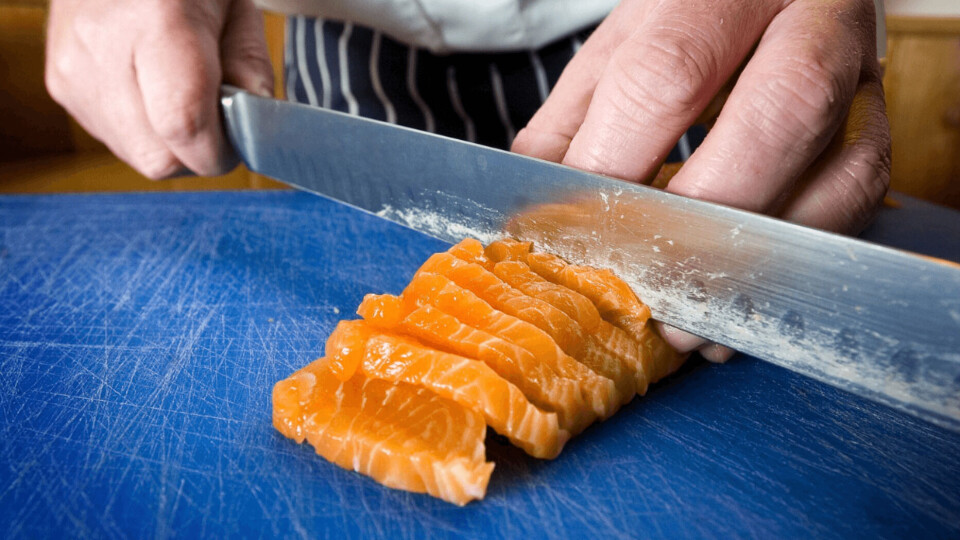
Type of vitamin D in salmon found to be better for immune system
Researchers have discovered that the type of vitamin D found in oily fish such as salmon helps boost the human immune system against bacteria and viruses.
A study said vitamin D₃ from animal-based foods is more effective at boosting vitamin D levels in the blood than D₂, which is found in plant foods like mushrooms and added to some brands of bread, cereal and yogurts.
The three-month research, conducted in British women and published in the journal Frontiers in Immunology, also found that vitamin D₃ activated genes linked with “interferon activity” which is a crucial part of the immune system’s defence against viruses and disease-causing bacteria. It reported that vitamin D₂ had the opposite effect and instead appeared to suppress the interferon genes.
Vitamin deficiency
Dietitian Dr Carrie Ruxton said: “For years, we’ve believed that the two main types of vitamin D are equal, but this study throws that into doubt and suggests that vitamin D₃ is more effective at preparing our immune system to tackle the threat of viruses and bacteria.
“Many people in the UK don’t get enough vitamin D from their diets, or from regular, safe exposure to summer sunshine. That’s why around a quarter of Scots are deficient in vitamin D, according to government estimates.
“A single portion of Scottish salmon provides more than 70% of our daily vitamin D recommendation, and is also high in protein and other important nutrients.
“Experts recommend that we all have one serving of oily fish a week and take a vitamin D supplement in autumn and winter to ensure we are meeting our vitamin D needs.”
Nutritional value
Tavish Scott, chief executive of trade body Salmon Scotland, said: “This latest study from Frontiers in Immunology adds to our knowledge that salmon is healthier than ever, showing that the type of vitamin D₃ found in salmon can help enable a critical immune system response to bacterial and viral infections.
“Recent findings indicating an increase in the nutritional value of farm-raised salmon have coincided with year-on-year improvements in the way producers are rearing and feeding their stock.”























































